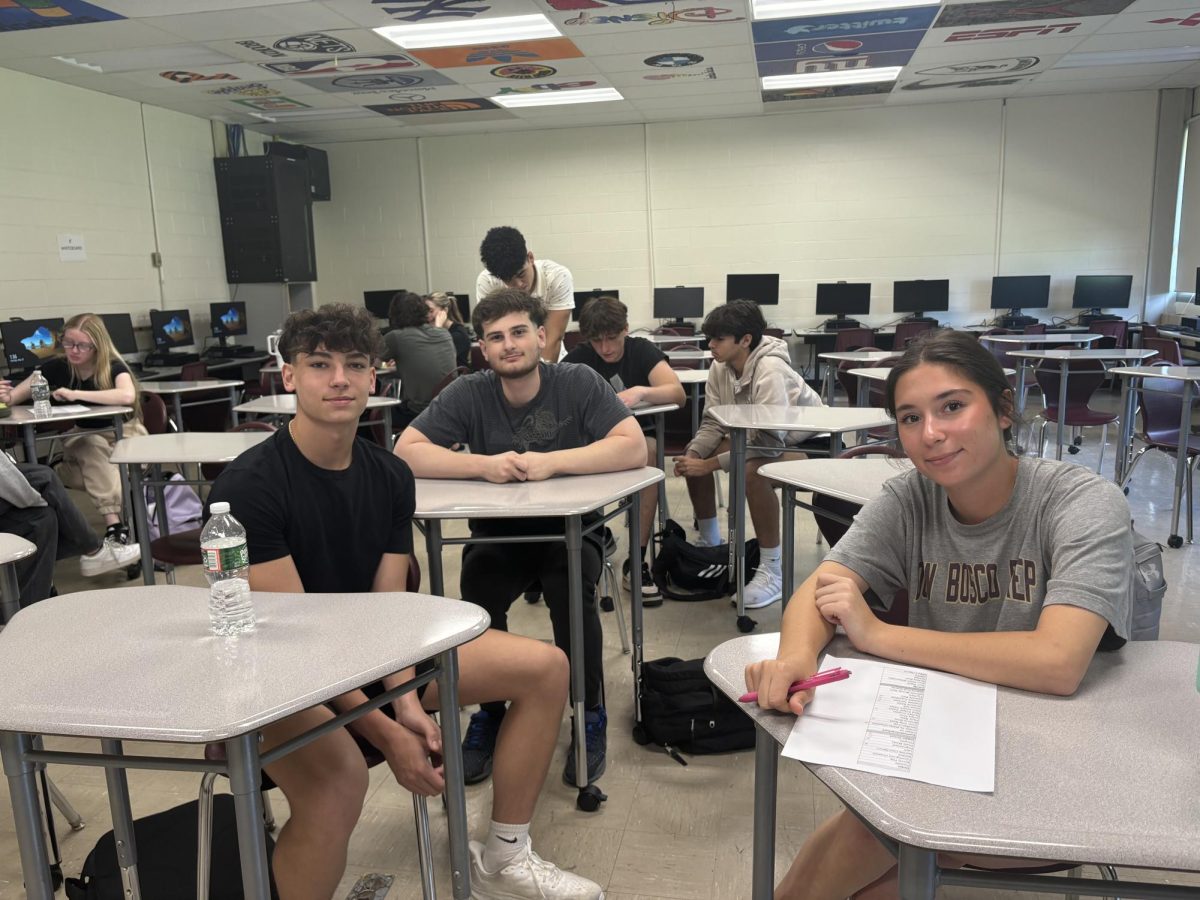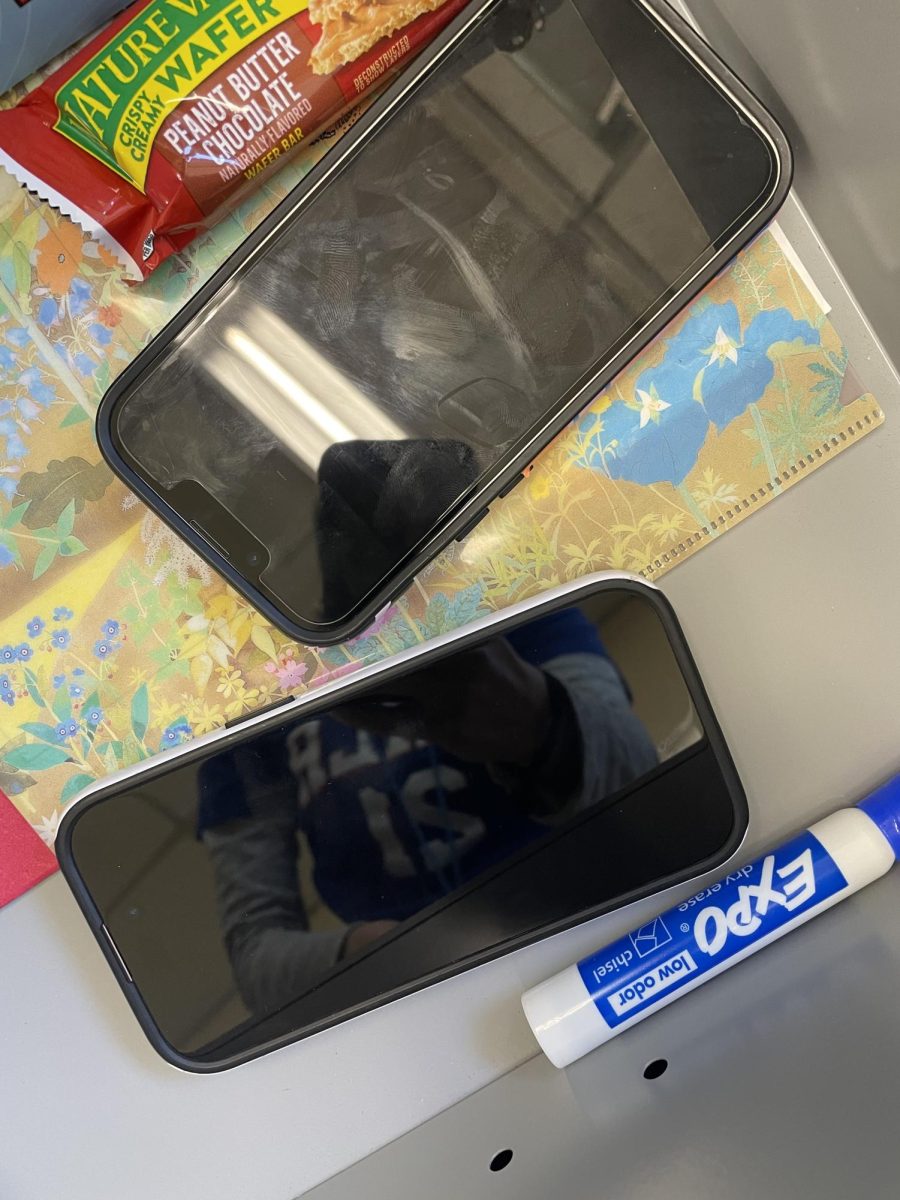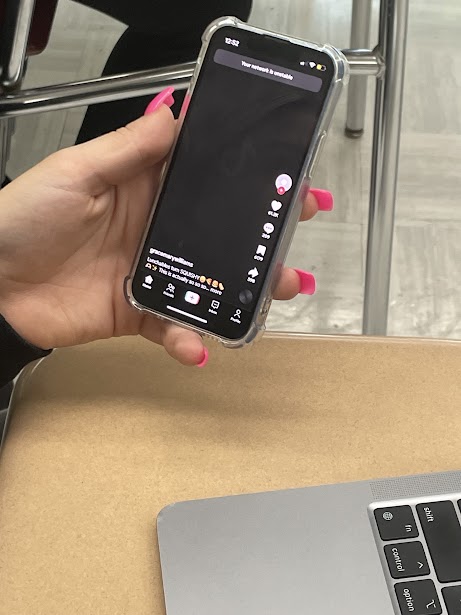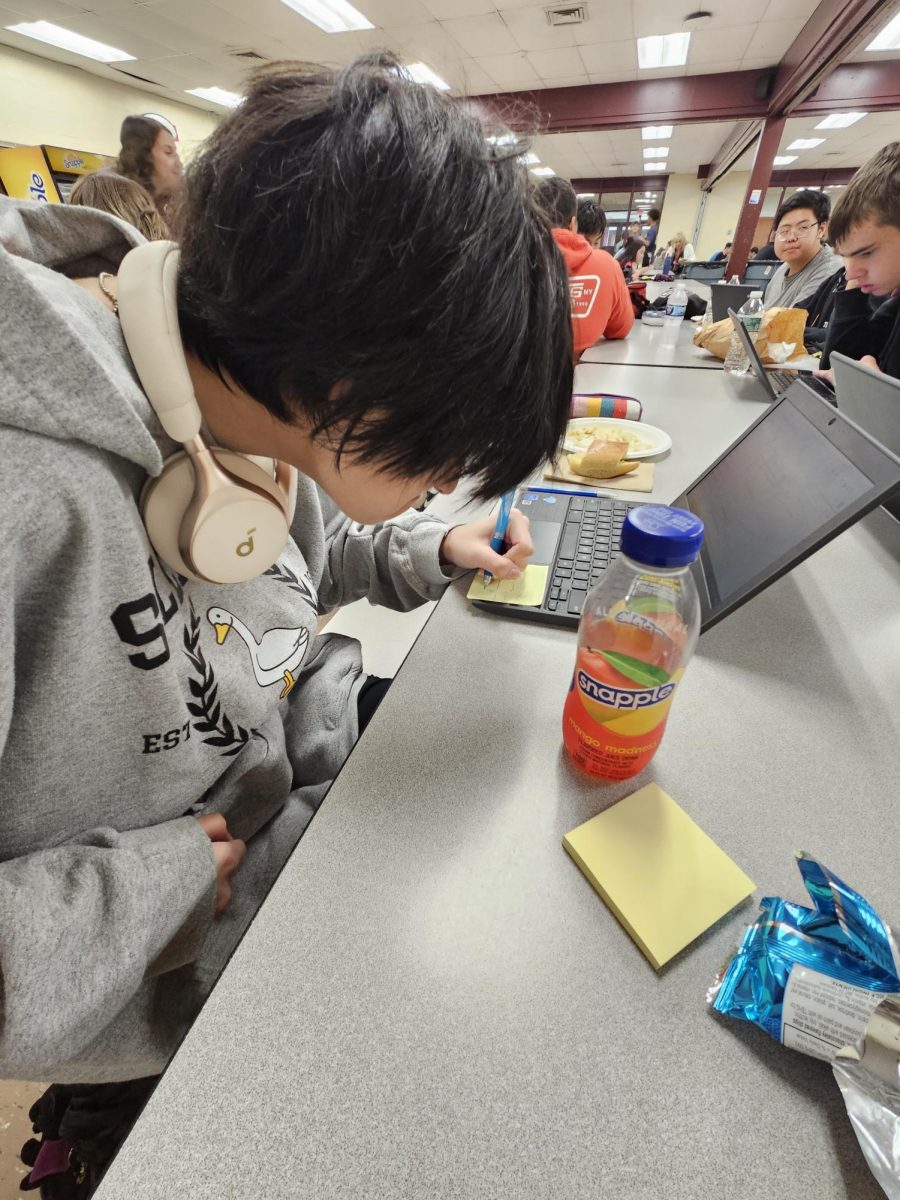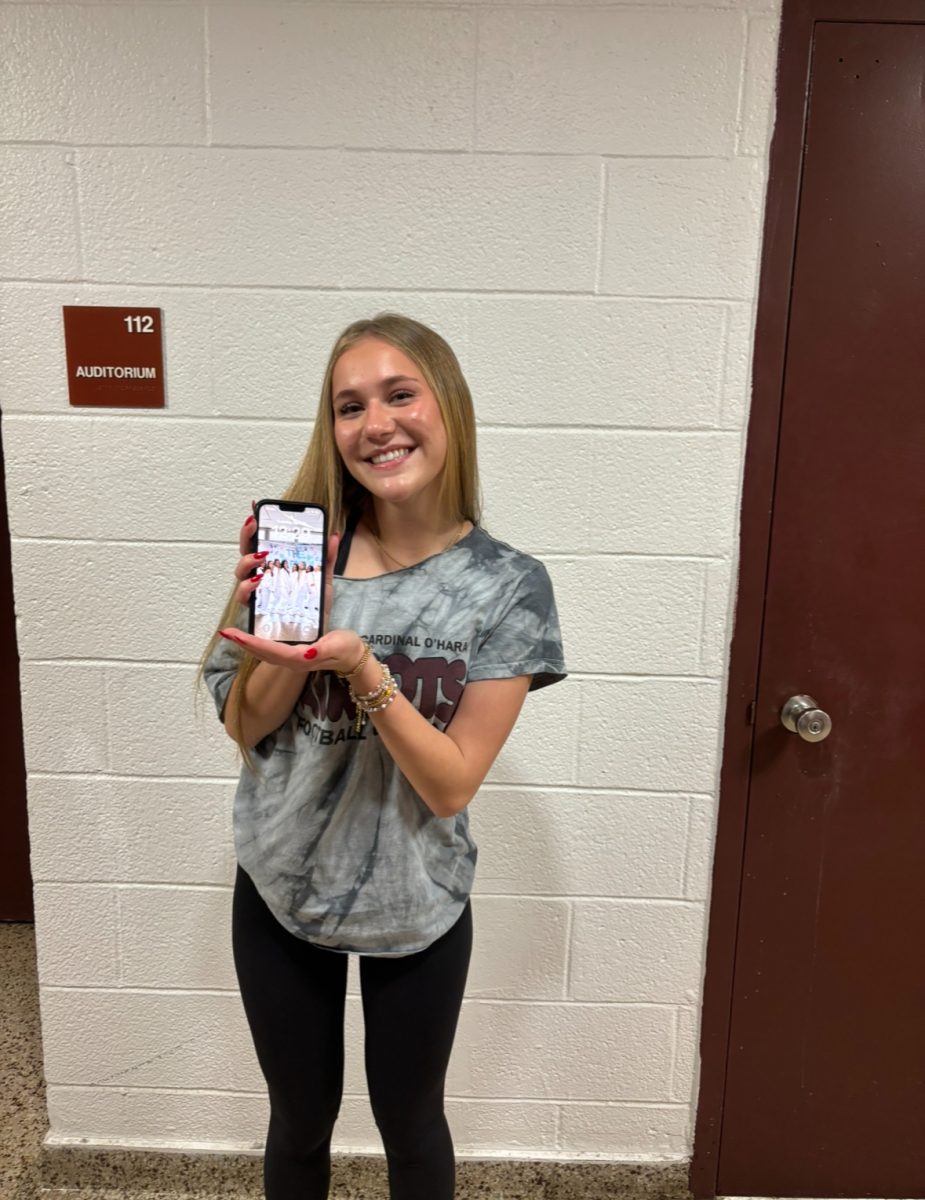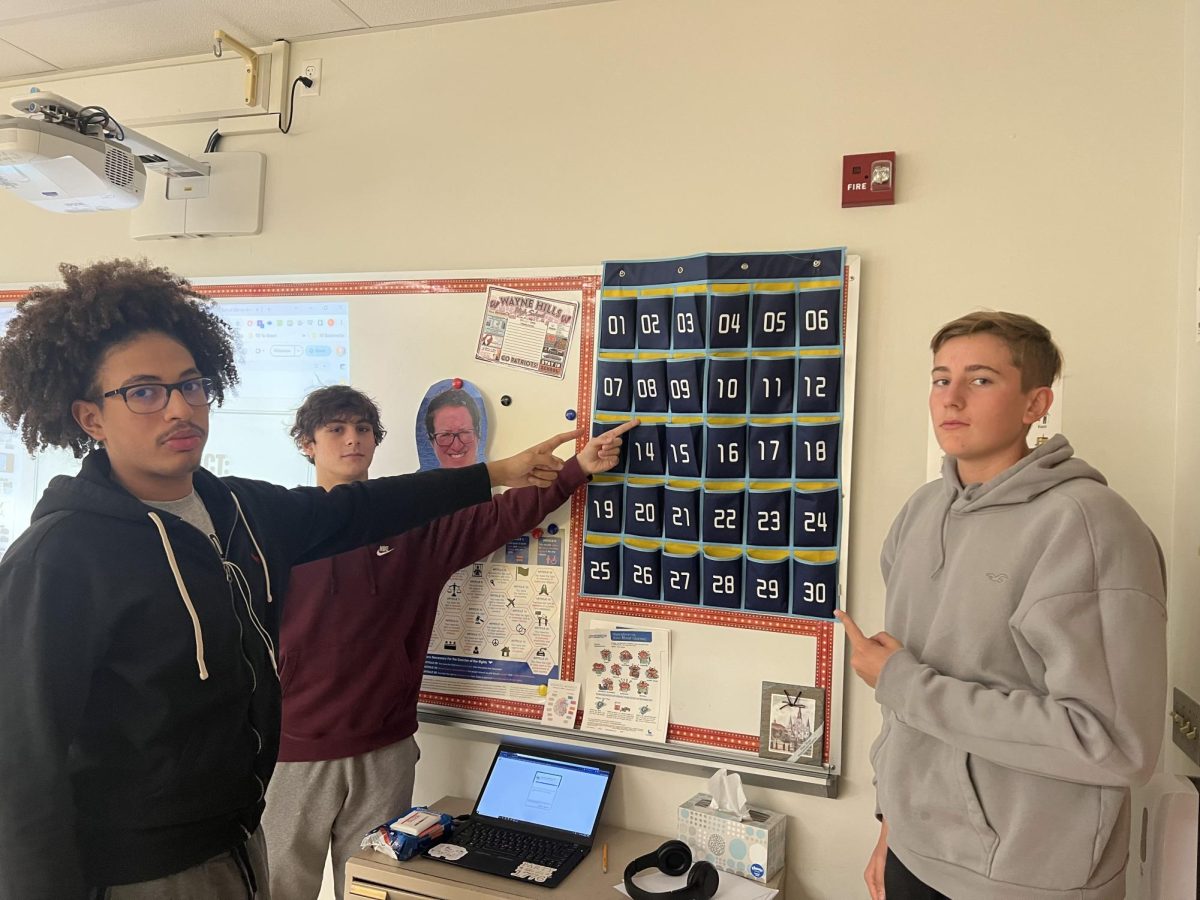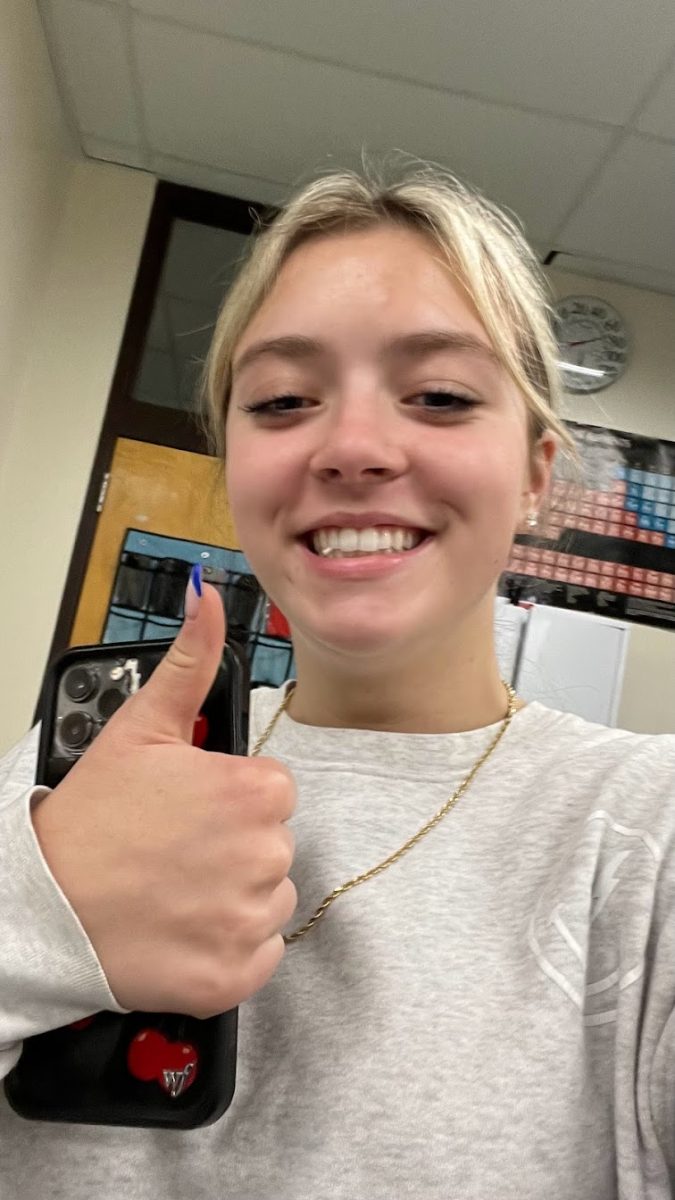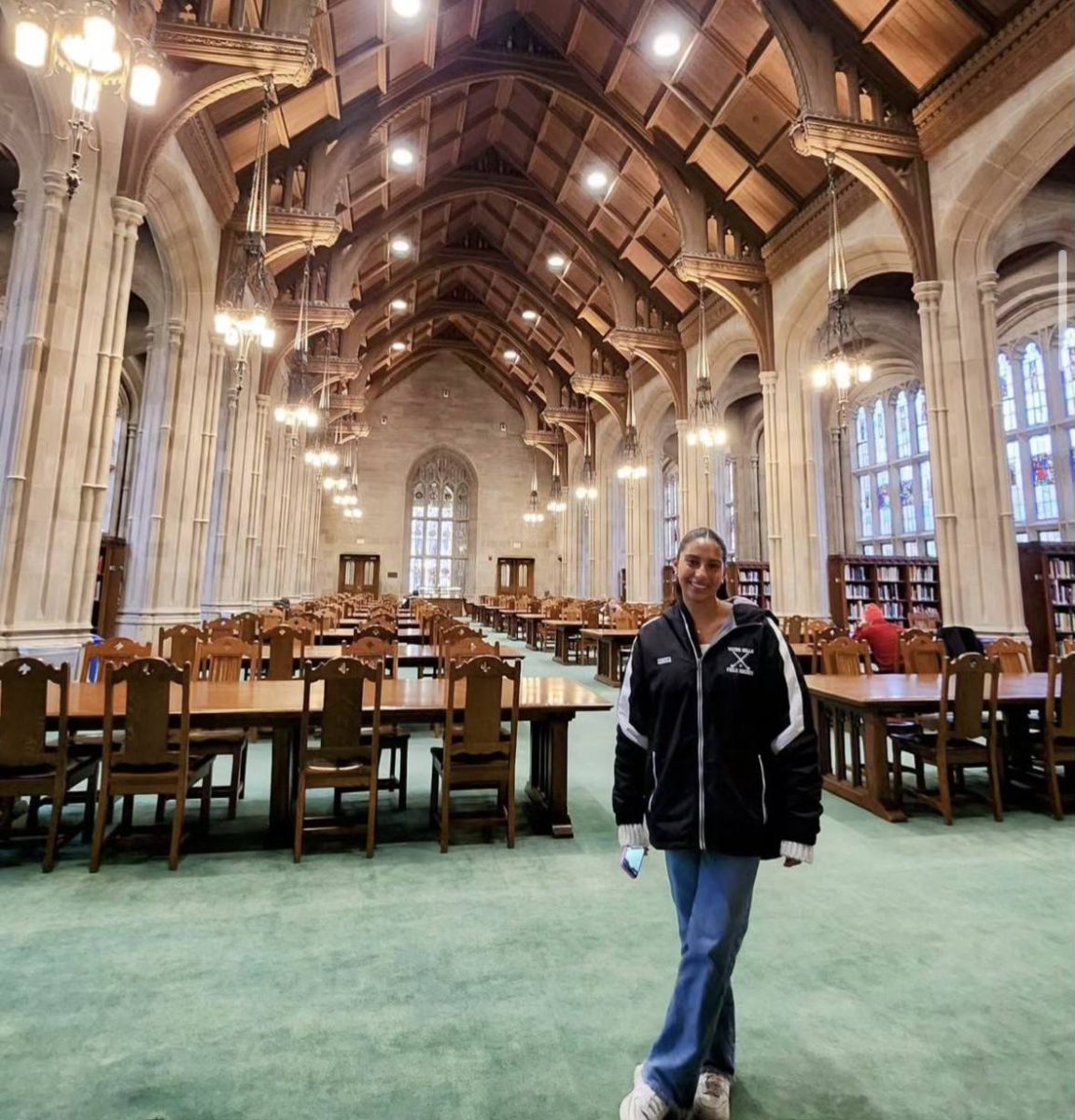After a thorough investigation of the Wayne Board of Education’s cell phone guidelines, it has been determined that not all phone policies in Wayne Hills classrooms are legitimate.
When a person is on school grounds, the rights granted to him or her in the Constitution may be partially or entirely disregarded depending on the policies of that school. When considering students’ Fourth Amendment rights, we often ask ourselves the controversial question, “can a student’s property, such as his or her cell phone, be seized upon entering a classroom without a reasonable cause?” Although you have probably been told yes, the correct answer is no.
Page five of the Wayne Hills Student Handbook outlines the cell phone policies of the Wayne Schools District. Board Policies 2361 and 2363 provide teachers with the discretion to regulate the use of cell phones, headphones, and other electronic devices during classroom instructional time, and authorize them to confiscate these devices if students use them outside the guidelines of the policy; additionally, it states that any material on these devices may be deleted by administration and removed from school property if it is deemed harmful to any student or faculty member.
Teachers generally confiscate students’ cell phones for the same two reasons: they have the tendency to distract individuals and disrupt classroom spaces. The Harvard Graduate School of Education employs research to suggest that cell phones have a negative impact on students’ reaction times, academic performances, participation in social settings, and cognitive capacities.
Our principal, Mr. Rewick, provided insight into the thinking behind cell phone policies here at Hills. He emphasized that the main goal of the classroom is to educate and inspire students, not to act as “prisons”. Most teachers recognize that technology is integrated into our everyday lives and that it can sometimes be used to enhance education; on the other hand, they often butt heads with cell phone usage in classrooms because these devices tend to diverge students’ attention and lead to cheating and plagiarism.
Teachers have the flexibility to create their own cell phone policies based on what works for them. For example, some physical education teachers might require students to put their cell phones away for safety reasons, while some digital arts teachers might encourage students to use their phones to take pictures and edit. According to Mr. Rewick, there is a “time and place” for cell phones, and some teachers decide that that time and place is not in their classrooms.
However, this does not mean that teachers are authorized to confiscate students’ cell phones indefinitely. Many teachers use “cell phone pockets”; they require students to drop off their phones immediately upon entering the classroom, and do not allow them to retrieve their devices until the class period ends.
Although you may believe that this adheres to the guidelines of the district policy, the truth is that it does not. Teachers are authorized to confiscate students’ devices only if they are using them in a way that violates the rules of their classrooms; therefore, forcing students to hand in their cell phones before class even begins is a classroom rule that oversteps the power given to teachers in Board Policies 2361 and 2363.
Teachers decided not to go on the record when they were asked to speak about the cell phone pockets in their classrooms; however, Wayne Hills students shared their criticisms of this policy.
Junior Maddie Wolke asserted that high school students are “not children”, and that their cell phones should not be taken away from them unless they are causing a “visible distraction.”
Junior Imane Chenni agreed with Maddie, and also brought up the unfortunate, but realistic, point that by confiscating students’ cell phones, teachers might be taking away the “last time they could speak to a family member” in a dangerous situation.
There are many reasons why teachers should not require students to hand in their phones at the beginning of class, such as to make them feel more independent and digitally in touch with their loved ones. At the end of the day, though, the most vital reason is to acknowledge and respect students’ Fourth Amendment rights in the classroom.








